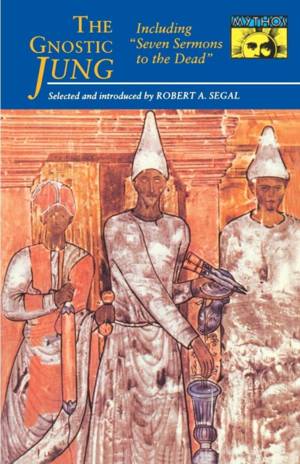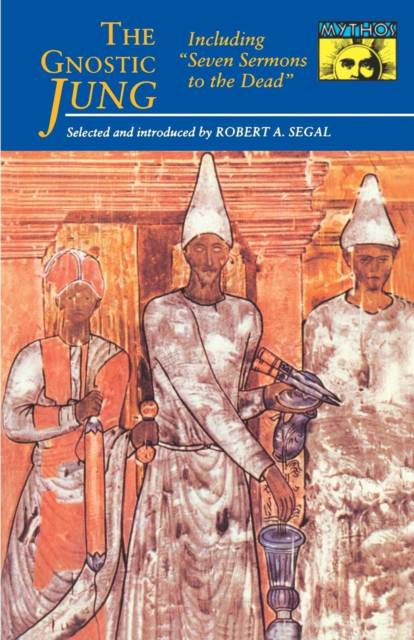
- Retrait gratuit dans votre magasin Club
- 7.000.000 titres dans notre catalogue
- Payer en toute sécurité
- Toujours un magasin près de chez vous
- Retrait gratuit dans votre magasin Club
- 7.000.0000 titres dans notre catalogue
- Payer en toute sécurité
- Toujours un magasin près de chez vous
Description
Gnosticism, together with alchemy, was for C. G. Jung the chief prefiguration of his analytical psychology. Jung did not simply interpret Gnostic texts psychologically but also cited them as confirmation of his psychology. An authority on theories of myth and Gnosticism, Robert Segal has searched the Jungian corpus to bring together in one volume Jung's main discussions of this ancient form of spirituality. Included in this volume are both Jung's sole work devoted entirely to Gnosticism, "Gnostic Symbols of the Self," and his own Gnostic myth, "Seven Sermons to the Dead." The book also contains key essays by two of the best-known writers on Jungian psychology and Gnosticism: Father Victor White and Gilles Quispel, whose "C. G. Jung und die Gnosis" is here translated for the first time. In his extensive introduction Segal discusses Jung's fascination with Gnosticism, the parallel for Jung between ancient Gnostics and modern Jungian patients, the Jungian meaning of Gnostic myths and of the Seven Sermons, Jung's possible misinterpretation of Gnosticism, and the common characterization of Jung himself as a contemporary Gnostic.
Spécifications
Parties prenantes
- Auteur(s) :
- Editeur:
Contenu
- Nombre de pages :
- 292
- Langue:
- Anglais
- Collection :
Caractéristiques
- EAN:
- 9780691019239
- Date de parution :
- 15-07-92
- Format:
- Livre broché
- Format numérique:
- Trade paperback (VS)
- Dimensions :
- 139 mm x 215 mm
- Poids :
- 353 g

Les avis
Nous publions uniquement les avis qui respectent les conditions requises. Consultez nos conditions pour les avis.






